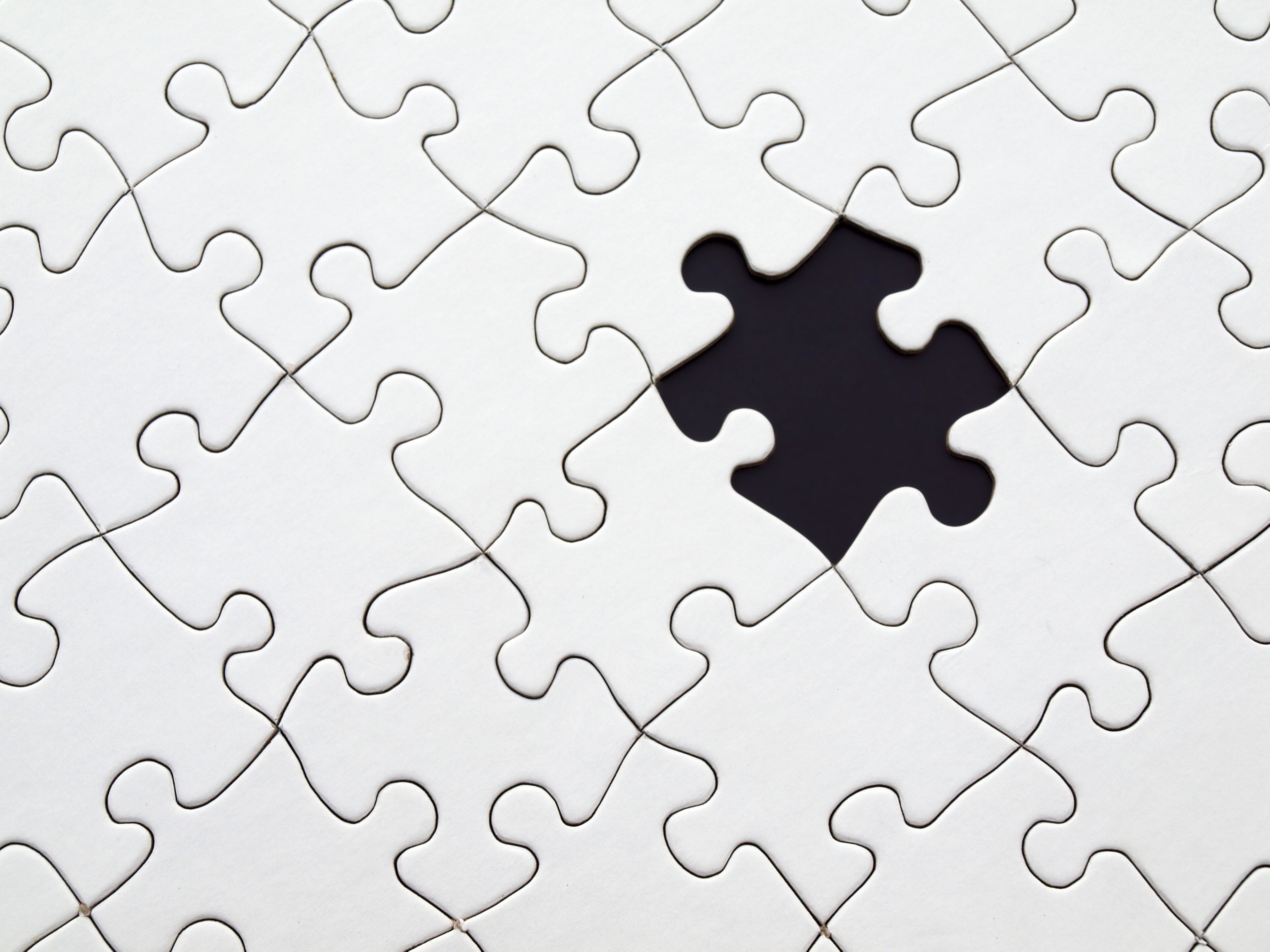Once you have a solid financial foundation in place, it’s time to move on to begin tackling more detailed financial matters and start painting a more complete financial picture. A lack of estate planning documents is a hole that most people have in their financial plan. These are the things that no one really wants to think about, which makes it easy to push them off and say, “I’ll get to it.”
I’ve said it before, and I’ll say it again: having estate planning documents in place isn’t only for rich people or elderly people.
Estate planning documents are those decrees that state what you want to happen to your money, your stuff, and your children when you pass away and who will be responsible for your financial and medical decisions if you were to become incapacitated. Examples of common documents that many people have heard of are last wills, living wills, trusts, powers of attorney, etc.
Why Do I Need Them?
Not having estate planning documents in place, or having poorly executed documents in place, can lead to a huge mess upon your passing and can cause a lot of trouble and heartache for your heirs and those who are responsible for managing your estate. However, it remains one of the biggest holes in most people’s financial lives. This is typically because dying or becoming disabled isn’t something that we want to spend much time thinking about. Also, most people don’t take the time to think about the consequences of not having properly executed estate planning documents in place, or they aren’t even sure what the consequences could be.
Make It Clear
Even with estate planning documents in place things can get very messy when the documents provide little direction, which leads to autonomy for the heirs. It sounds great and everyone wants to believe that their loved ones are responsible and will act maturely, but often the heirs have different ideas of what should happen with the estate. I’m sure that many people have experienced a situation like this that can, unfortunately, lead to many problems and can sometimes lead to family members no longer speaking.
Just having estate planning documents in place often isn’t enough; they need to be written with the proper language to ensure that your wishes are carried out. Additionally, while probably uncomfortable for most, sitting down with those who will inherit your estate and explaining what you would like to happen is a great idea. It not only provides you with the opportunity to express your wishes, but also may reveal any points of conflict that may come up in the future. This could allow you to reevaluate what your documents currently state and make changes as appropriate.
I hope this shows the importance of really thinking through what should happen to your money and your possessions when you pass away. If not, find someone you know who has gone through a situation such as this and I’m sure they’ll make you think differently.
Some Things To Think About
Your last will is where you name the beneficiaries of your estate. If something were to happen to you today, what would happen to your money and your stuff? Is that something that you want to decide or are you fine with leaving that up to the state to decide?
But what if you didn’t die? What if you became disabled and you weren’t able to make decisions for yourself? Would you want life-sustaining support if you were otherwise likely to pass away without it? What would happen to your kids? Your pets? What about all of your online accounts?
Who would pay your bills and take care of your financials? Who would you want to make the tough health care decisions on your behalf? Would you feel comfortable with that person making your financial decisions as well as your health care decisions? Have you considered if the person who you want to make health care decisions on your behalf is one of your heirs? This could create a moral and ethical challenge for them.
Possibly more importantly, do you want to decide who will be responsible for making those decisions for you or do you want the state to have the authority to appoint those people on your behalf?
Once you have your estate planning documents in place, then you can make sure that all of your financial accounts have the proper beneficiaries (who gets your money when you die) listed on them aligned with what you have declared in your will. These could be beneficiairies on things such as your retirement account, other investment accounts, and life insurance policies.
Most people don’t think it’s wise for their twelve-year-old to have $500,000 of life insurance proceeds at their disposal without some stipulations around when and how the money can be used. Without proper estate planning documents in place however, this is exactly the case. However, you can set nearly any provision that you’d like in your will as to when your heirs will receive the money and what they can do with it.
Mutual Benefits
Having estate planning documents in place that are up-to-date and that have the proper language in them can provide peace of mind as well as make things much easier on your loved ones if and when something happens to you. This isn’t only a practice that you should complete to benefit yourself and your wishes, but something that will benefit those who you love as well.
*I am not an attorney and you should not take this as legal advice. This is simply education about one of the common weaknesses in many people’s financial lives and some of the problems that it could potentially lead to.*

